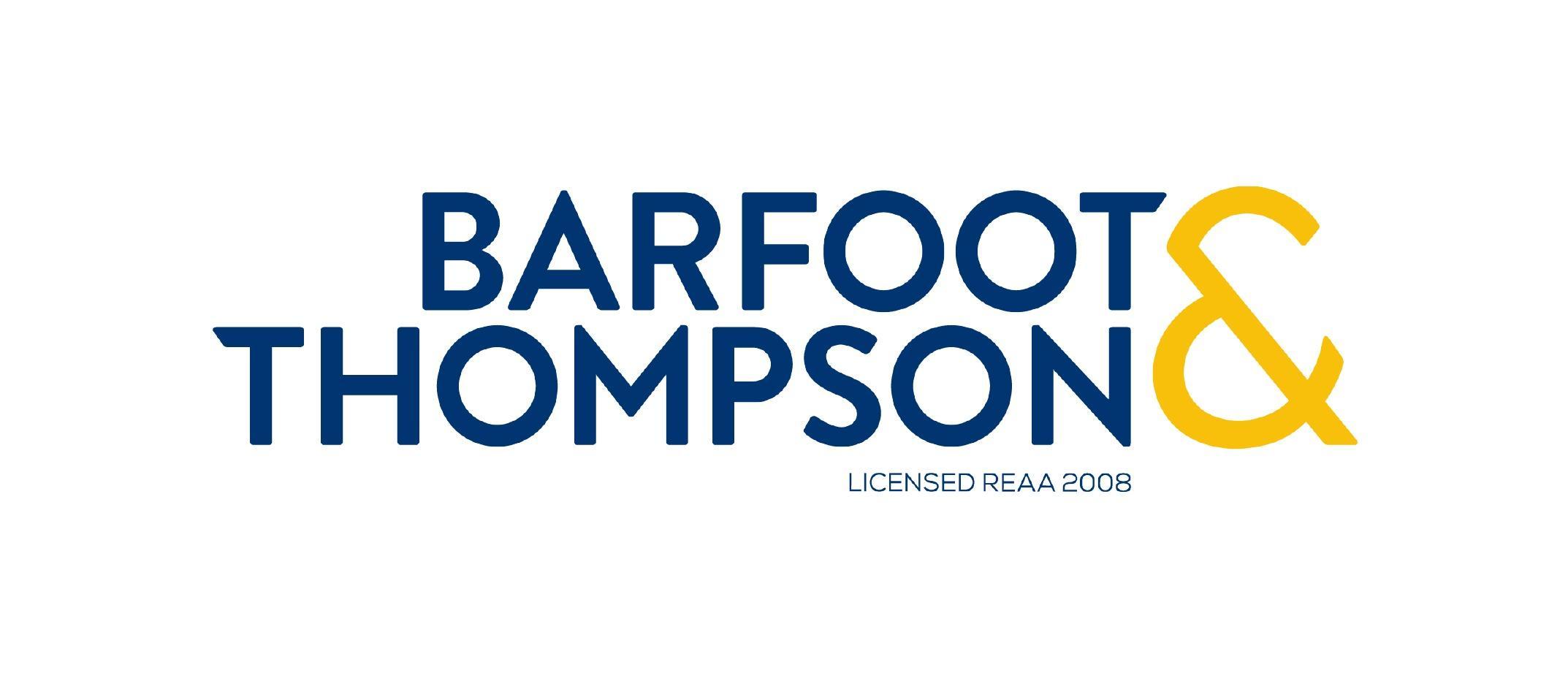On Sunday 17th November the Coalition Government announced a number of proposed amendments to the Residential Tenancies Act in accordance with the Labour Party’s election manifesto. APIA Vice President Peter Lewis was present at the announcement and reports on the following substantive elements of the proposal:
It is important to note that these proposals will need to be enacted into law and that this is unlikely to happen before May/June 2020.
Until then the existing RTA regulations still apply.
The current ability of landlords to issue a tenant who has a periodic tenancy agreement with a 90-day termination notice without having to state
the reason for that termination will be removed. Instead, there will be a limited number of specific reasons under which such a tenancy can be terminated
by the landlord. These reasons include:
- the landlord intends to make the property available for sale within 90 days of the tenant leaving the property
- the termination is required so that the property can be used for business purposes
- the landlord intends to carry out extensive repairs and alterations, during which the property would be rendered uninhabitable
- the landlord wants to change the use of the premises
- the premises are to be demolished
- the landlord is not the owner, and the landlord’s interest is ending
- the landlord has issued three separate 14-day notices to the tenant within a 90 period for antisocial acts
- the landlord has given notice that the tenant has been at least five working days late with their rent payments within a 90 day period.
(For the last two reasons, the landlord would need to apply to the Tenancy Tribunal for a hearing in relation to these matters, presumably the usual evidentiary
rules would apply).
All fixed-term agreements would automatically covert to periodic tenancies on expiry, and the tenant alone will be able to decide if they stay in the property
or leave. The landlord will have no power to require the tenant to depart. Effectively the tenant alone will have full control of the property and
the duration of the tenancy.
Where the landlord or their family wishes to move into the property or the property is required to house an employee of the landlord the requisite periodic
tenancy notice period is extended from the current 42 days to 63 days.
Tenants will be permitted to install a minor fixture or fitting onto the property with the landlord’s permission, and this permission will only be able
to be declined for specified reasons.
Landlords and agents must provide a price when advertising any rental, and seeking rental bidding will be illegal.
Rent increases frequency will be restricted to no more than annual increases, rather than 180 days as is currently the case.
All requests from tenants to landlords for assignment of a fixed-term tenancy to another tenant must be considered, and landlords must not unreasonably
decline.
Landlords must provide tenants with breakdown details of any fees or other charges they request from their tenants relating to fixed-term tenancy assignment,
subletting or ending the tenancy.
Landlords will have an obligation to provide tenants on request of any records they hold in relation to the Healthy Homes standards on that property.
MBIE will be empowered to issue notices to landlords to comply with RTA obligations without first having to obtain a Tenancy Tribunal Order, and existing
monetary penalty levels will be increased.
The allowable level for claims bought before the Tenancy Tribunal by both landlords and tenants will be raised from a maximum level of $50,000 to $100,000.
In response to the NZPIF submissions on tenants ability to keep pets in a rental property, there are no proposed changes to the existing legislation.














Add Comment